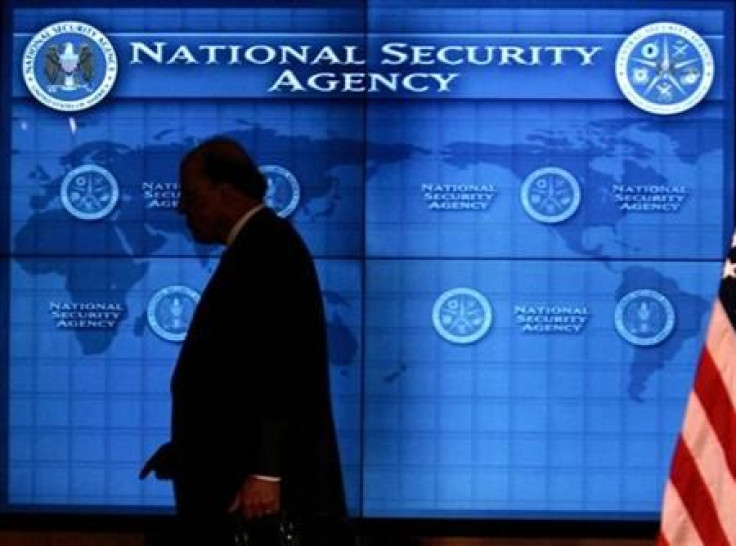NSA FISA Metadata Surveillance: Obama Administration Open To Reforming Secret Court, Officials Say

With pressure mounting to rein in the government’s surveillance activities, intelligence officials testifying at a Senate oversight hearing Wednesday said the administration was open to a proposal to reform how deliberations take place at the secret court that oversees the government’s requests for surveillance data.
One idea being weighed is to reform the secret Foreign Intelligence Surveillance Court (FISC) so that it is not one-sided. As it works currently, the FISC hears arguments from only one side -- the government -- without an opposing party to push against the government’s requests. On Wednesday, officials from the Department of Justice, the National Security Agency and the Office of the Director of National Intelligence all said they were open to making these deliberations more adversarial.
The idea of creating a special advocate role at the FISC to argue the opposite point of view was given a major boost earlier this month when a former FISC judge, retired Federal District Judge James Robertson, endorsed it. “The process needs an adversary,” Robertson said, speaking at a workshop hosted by the Privacy and Civil Liberties Oversight Board in Washington, D.C.
“Under the FISA Amendments Act [of 2008], the court now approves programmatic surveillance,” Robertson said, arguing that this development created a situation where a judge would benefit from choosing between two sides.
During a Senate Judiciary Hearing Wednesday on oversight of the surveillance programs revealed by former NSA contractor Edward Snowden, several senators and witnesses raised the issue of making the secret court’s proceedings more adversarial.
The officials present, including Deputy Attorney General James Cole and NSA Deputy Director John C. Inglis, expressed openness to the idea and said it is among a number of proposals being reviewed by the administration.
This is "certainly part of what we need to be talking about to see if it has some utility,” Cole said, responding to a question from Sen. John Cornyn, R-Texas.
“This is a topic that’s being discussed both in the administration and the Congress as one avenue that might be available,” Cole said, in response to a similar line of questioning from Sen. Jeff Flake, R-Ariz. “This is something that I think we’re open to having discussion about.” He added, though, that “the devil could many times be in the details.”
Given the statements of Cole and the other panelists, the push for a special advocate is likely to gain steam in the coming weeks. Sen. Blumenthal, D-Conn., intends to bring forward a bill that would create a special advocate for the secret court because the adversarial process, as he put it during Wednesday’s hearing, is “the essence of our litigation process.”
The proposal got another boost at the beginning of a second panel, featuring nongovernmental officials, when a former FISC judge, James G. Carr, recommended in his opening remarks that the court “have discretion to designate a previously security-cleared attorney to challenge the government’s request.”
© Copyright IBTimes 2024. All rights reserved.












